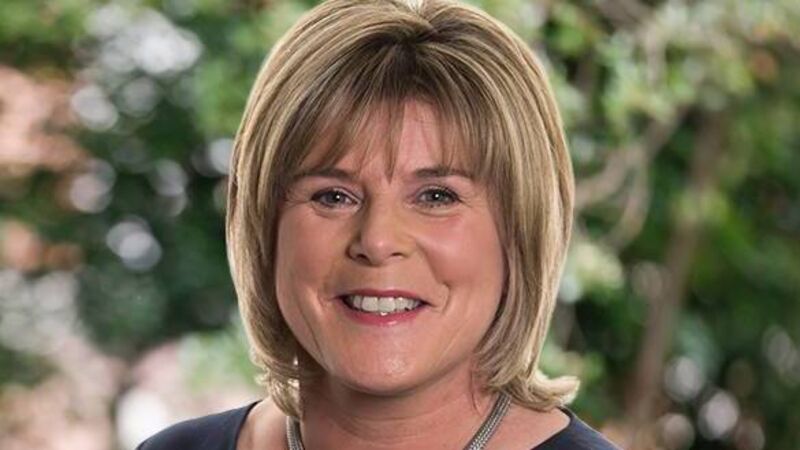Minorities abused on social media to score political points, warns minister

Mental Health Minister Mary Butler: 'Minority groups are being used as a political football and their mental health is suffering as a result, and to be honest I’m sick to the teeth of it.'
Abuse of minorities on social media to score political points is leading to sometimes tragic impacts on their mental health, minister of state for mental health Mary Butler has warned.
In particular, she highlighted the abuse of transpeople, saying when she refers to transhealth, she closes X (Twitter) for 48 hours to avoid abuse of herself and that group.










